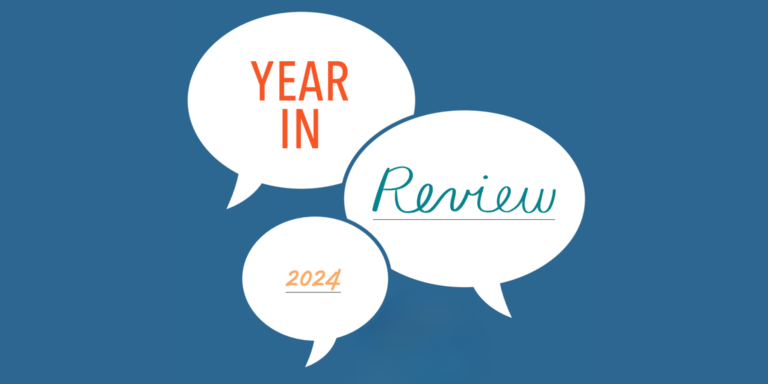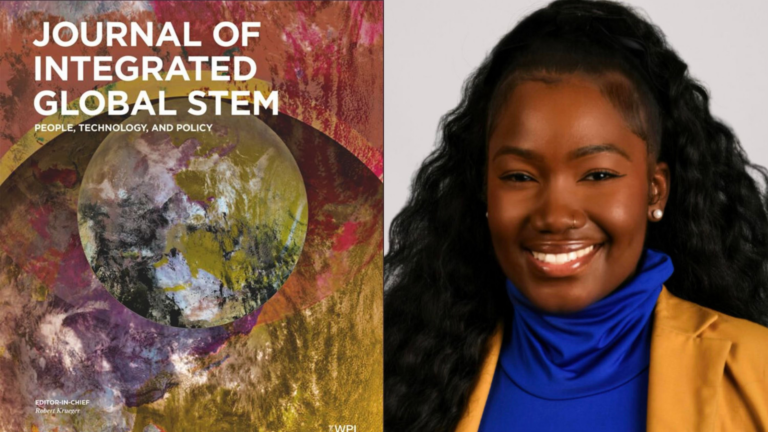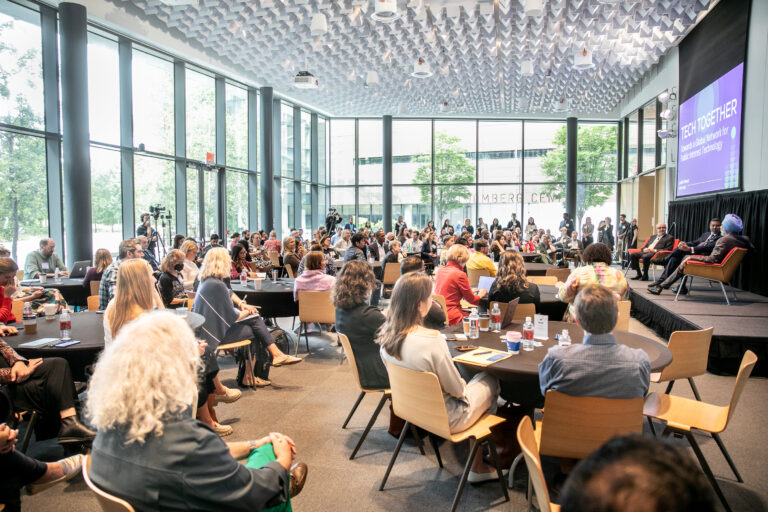For years, STEM programs have been touted as a panacea for filling the growing gap between education and an increasingly technology-driven workforce. When executed successfully, skills-based STEM programs give students the skills and tools they need to navigate and better participate in our rapidly evolving economy. But while skills like coding are increasingly relevant in more and more fields, persistent gaps continue to reveal a more multifaceted problem that requires a more diversified set of skills critical to ensuring career success in today’s learners.
A popular, though narrow, criticism of STEM learning argues that an exclusively skills-based approach is too often prioritized ahead of programs that ask students to reason more creatively and abstractly. STEM has earned a reputation for being emblematic of a worldview that supports science and technology learning at the expense of adjacent fields that are, in a significant way, just as crucial to a learner’s applied success.
However, this perceived gap presents an opportunity for work that would bridge these two realms and enhance the impact of STEM programs. An understanding of science, technology, engineering, and mathematics can only be improved by an additional focus on values inherent to computational thinking. At SFE, we see any shortcomings of explicitly STEM-based programs as an opportunity for growth in the realm of computational thinking.
Where many STEM programs focus on hard skills and tend to see those as the determining factor in preparing a new generation to enter the workforce, the projects in our computational thinking portfolio apply a significantly broader approach. Scratch, for example, is a coding platform for young learners that’s designed to facilitate creative expression and collaboration. It successfully bridges the divide that troubles some STEM-exclusive programs by simultaneously functioning as a coding language and a community for young people to express themselves and create projects entirely on their own terms.
SFE supports other computational thinking projects that demonstrate a similar mindset. Cornell Tech’s Teacher in Residence Program brings these values to bear in a classroom setting by embedding computational thinking coaches in schools throughout New York City. The teachers in residence act as content experts and resources for teachers in various subjects, and encourage success in computing-adjacent subjects. This diversity of computational thinking applications in such a range of contexts at the classroom level furthers a multidisciplinary approach to STEM and the contexts in which computational thinking might be experienced.
We think that young learners will better understand systems, human behavior, and problem solving by engaging with the concepts fundamental to computer science in an exploratory way, which represents an expansion of traditional STEM values. In our estimation, this approach will more fully prepare young people to engage with a wide range of topics, and be equipped to better engage with issues adjacent to those that arise in science and tech-oriented fields. Situating computational thinking principles in the wider world around learners can only help students engage better and bring their lessons to bear, both in their classrooms and the world beyond.





